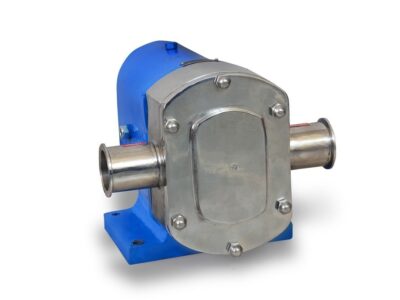
Trading options is a great way to make money in Singapore. However, before you start trading, you should know a few things.
What is options trading?
Options trading is the act of buying or selling options contracts. An option is a derivative that obtains its value from an underlying asset. The most common underlying asset for options contracts is stock. However, options can also be traded on commodities, currencies, and other financial instruments.
Here are twelve factors that you should consider before trading options:
The risks of trading options
Before you start trading options, you should be aware of risks. Options are a leveraged product, which means you can lose more money than you invest. If the market moves against you, you must provide an additional margin to keep your position open.
The costs of trading options
When you trade options, you will incur brokerage commissions and fees. These costs can take from your profits, so it is important to factor them into your trading strategy.
The types of options
Call/put options are the two most common types of options. Call options give you the right to buy a security at a specific price, whereas put options offer the opportunity to sell a security for a specific price.
The expiry date
Each option has an expiry date when the option contract expires. The option will be exercised at expiry, or it will expire worthlessly. If you buy a call option with a strike price of $100 and the stock price is above $100 at expiry, the option will be exercised, and you will buy the stock. If the stock price is below $100 at expiry, the option will expire worthlessly, and you will lose your investment.
The underlying security
The underlying security is the security that you have the right to buy or sell when you trade options. If you buy a call option on ABC stock, then ABC stock is the underlying security.
The strike price
The strike price is when you can buy or sell the underlying security. When you purchase a call, you have the right to acquire the underlying security at the strike price. When you purchase a put, you have the right to sell the underlying security at the strike price.
The premium
It’s the price of the option contract. When you buy an option, you pay a premium to the seller for the right to purchase or sell the underlying security. If you buy a call option with a strike price of $100 and a premium of $10, you will pay $10 for the right to buy ABC stock at $100.
The moneyness
An option’s moneyness is determined by whether it is in-the-money, at-the-money, or out-of-the-money. If the option has inherent value, it is in the money. If the strike price is equivalent to the current market price of the underlying security, an option is at the money. An option that has no inherent value is out of the money.
The Greeks
The Greeks are a set of variables used to measure the sensitivity of an option’s price to changes in underlying factors such as volatility and time to expiry.
Hedging
It is a risk management technique that can offset the risk of losses in an options trade. By hedging, you can protect your profits and limit your losses.
Leverage
Leverage is the use of borrowed money to increase your investment. When you trade options, you can use leverage to control a prominent position with a small amount of capital. You should know that leverage can also lead to losses if the market moves against you.
Volatility
It’s a measure of how much the price of a security fluctuates. When trading options, you should be aware of the historical volatility of the underlying security and the current level of volatility.
These are just some things that you should consider before trading options. For more information, please consult a financial advisor or see here.











